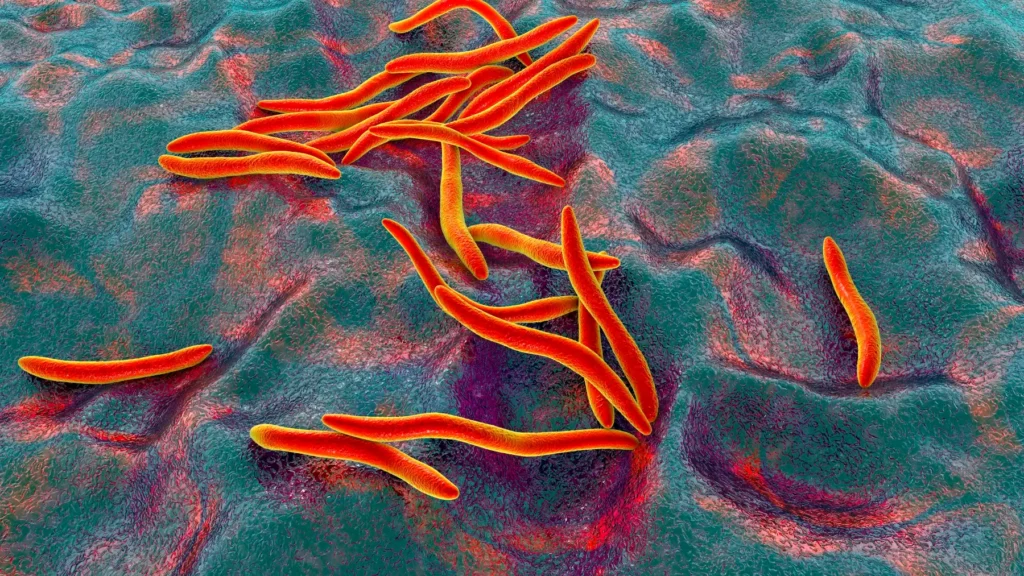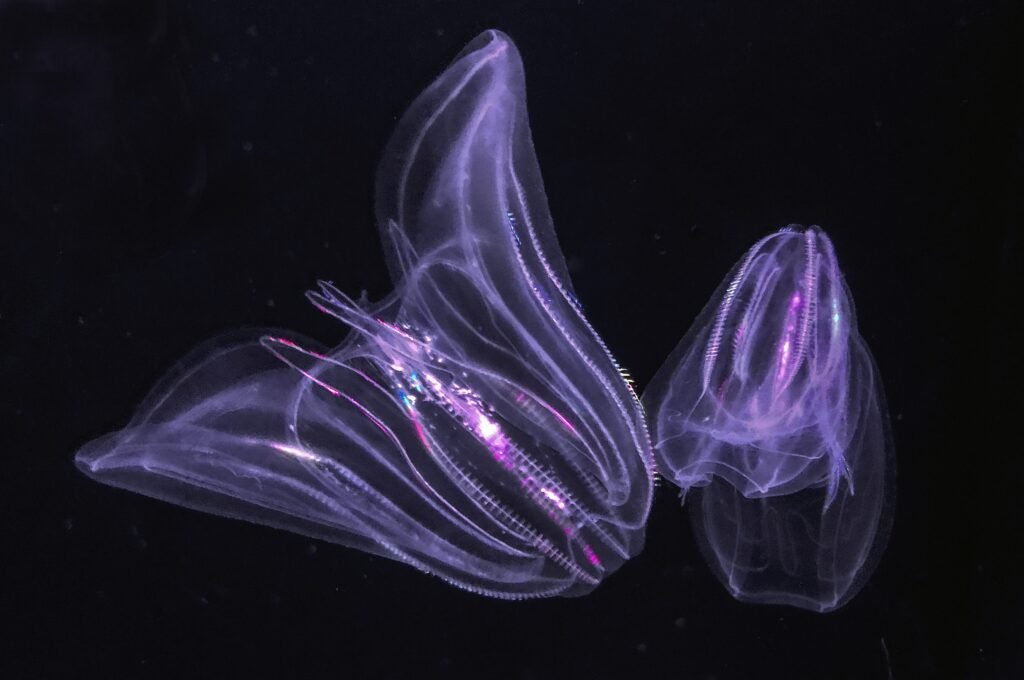Scientists discovered common mouth bacteria that can melt cancer
UK Scientists have discovered a common type of mouth bacteria that can melt different types of cancer, head and neck cancers. This is undoubtedly scientific breakthrough research as cancer is the most devastating of all chronic illnesses with an extremely high death rate.
According to a research study, a common oral bacteria, “Fusobacterium” turned out heroic while fighting the evil disease of cancer. It is incredibly effective against specific types of cancer.
This unexpected discovery may open the door to new therapies, especially for head and neck cancers. Dr. Miguel Reis Ferreira is the lead author of this research and head and neck cancer specialist.

He stated they found the shocking fact that fusobacterium within head and neck cancer patients have much better outcomes. This bacterium is capable of killing cancer.
The apparent capacity of fusobacterium to kill “cancer cells” surprised scientists who were then inspired to investigate further biological processes underlying this occurrence.
They found that a little fusobacterium-producing bug produced excellent results in cancer-prone areas by killing cancer cells. These bacteria practically melt cancer cells near the head and neck.
Laboratory tests showed a significant decrease in cancer cells that were still functional following exposure to bacteria. In many cases, the percentage of these cancer cells decreased by 70 to 99 percent within a few days.
Scientists at Guy’s St. Thomas’ and King’s College London discovered this jaw-dropping common mouth bacteria as an antidote against cancer.

Hence, they are recently looking for that mechanism that makes fusobacterium kill cancer cells. So, it serves as a new cancer treatment in the future.
The Cancer Genome Atlas database validated the results of this research by examining patient data from the research study. Patients who have fusobacterium in their cancer tumors were 65 percent less likely to die than those who did not have this bacteria type.
Hence, this research discovery raises the potential that fusobacterium may be essential to new cancer treatment development.
Read More:
- Sea creature turns into a baby when it is stressed out showing time travel
- Realme Narzo 70 Turbo 5G launch date, features, specifications & price
- European Space Agency printed 3D metal part in space for first time
- Earth’s mysterious Alaska triangle where over 20,000 people disappeared
- Philips Hue launched a new smart lighting solution for kitchen
- NASA to launch life-searching spacecraft to Jupiter’s moon Europa
Share this content:










Post Comment